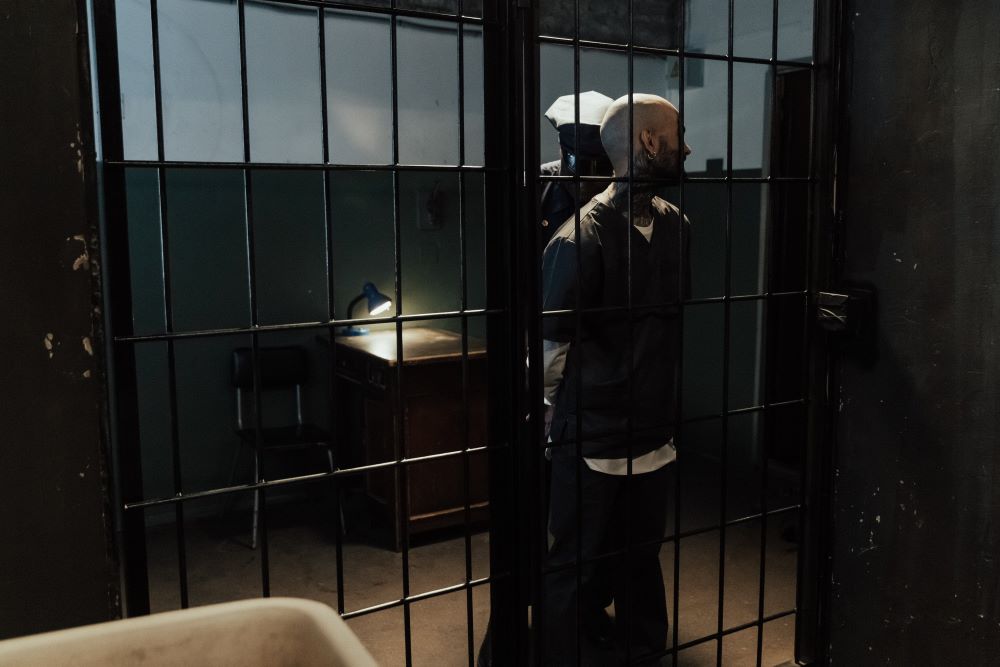The state has opted to renewal its contract with an agency known to provide subpar service to its inmates.
Illinois has contracted with the same private company to provide prisoners’ medical treatment for almost 30 years. However, after correctional authorities renewed that multibillion-dollar contract last month with Pittsburgh-based Wexford Health Sources, lawsuits and accusations of subpar care raised issues about Wexford’s constitutional compliance.
Expert analyses and court rulings have repeatedly found that Wexford’s health care violates prisoners’ Eighth Amendment rights and fails to meet minimum standards in Illinois. In 2015, a federal monitor declared the state’s mental systems a “state of emergency.” However, Illinois rejected smaller offers and renewed its contract with Wexford, which is over $4 billion. The department ignored concerns about medical personnel shortages and service delays. It also shows the department’s reluctance to implement systemic improvements.
Criminal justice activists say Wexford’s contract renewal perpetuates poor oversight due to additional litigation and complaints. They challenge whether correctional authorities have offered constitutionally sound medical care to convicts within a “problematic status quo.” One of the biggest issues, according to activists, is lack of staffing. IDOC facilities continue to fall short of adequate staffing levels to ensure basic needs are met.

“Expert reports to the federal court have demonstrated that Wexford has failed to provide adequate health care to people in Illinois. IDOC facilities across the state failed to ensure the presence of an appropriate level of staffing,” Camille Bennett, director of the Corrections Reform Project for the American Civil Liberties Union (ACLU) of Illinois, said. “It is not clear how they are prepared to meet these needs going forward.”
Back in 2018, U.S. District Court Judge Michael Mihm issued an order ruling that “seriously mentally ill inmates are suffering irreparable harm” from the agency, which Mihm also determined “treats them with deliberate indifference.” More than 12,000 mental ill people in the prison system were negatively impacted by insufficient staffing, according to the order.
“These are mentally ill individuals, who themselves are left, in a very real way, at the mercy of the IDOC to provide them with the constitutionally minimal level of health care,” Mihm wrote. “And this is simply not being done, and based on the record presented, will not be done unless there is a preliminary injunction issued by this Court.”
And it seems that despite these efforts, the issue with undermining prisoners’ rights remains today. In fact, a new report filed in federal court shows that half the medical positions Wexford is responsible for providing in the prisons are left unfilled, and a review of 107 inmate deaths returned nearly 900 issues with the ways in which these cases were handled. Some of the glaring issues included improper monitoring of inmates deemed to be at high risk of hurting themselves as well as malnourishment and other blatant neglect.
Expert reports, judicial rulings, and prisoner voices have repeatedly shown that privatization and unfettered profiteering do not meet constitutional norms of sufficient care. However, state officials have extended the status quo for another half-decade, and the human cost of medical mistreatment, including psychiatric decline without therapy and being denied dignity will continue to be an issue for the foreseeable future.
Sources:
A private prison health care company accused of substandard care is awarded new contract in Illinois
Illinois prison agency might appeal mental-health ruling
The winner of a $4 billion Illinois contract has a history of preventable deaths in state prisons


Join the conversation!